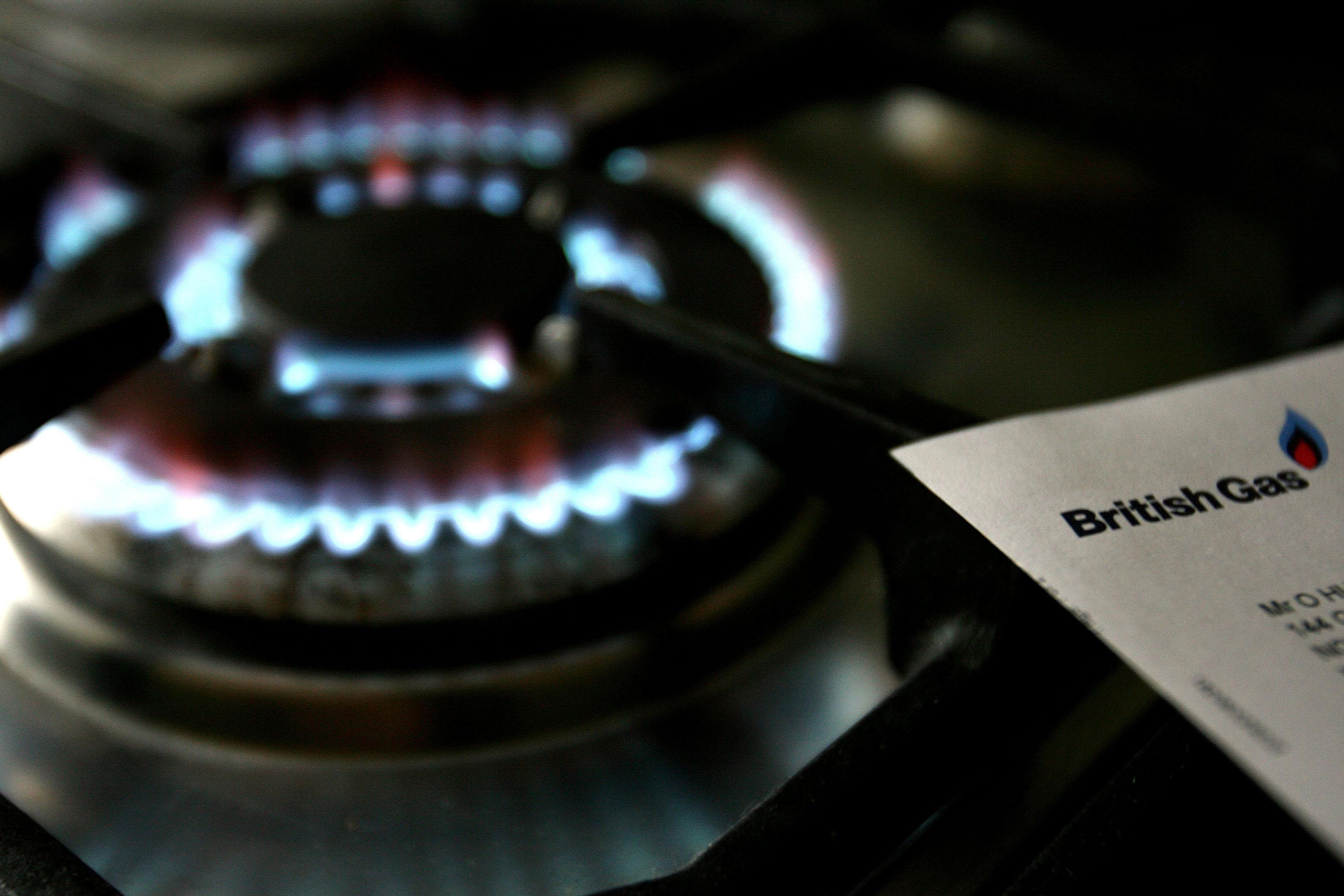British Gas owner sees supply arm hitting targets two years early
Centrica cheered a ‘more normalised external environment’ as energy markets recover after the crisis sparked by Russia’s war with Ukraine.

Your support helps us to tell the story
From reproductive rights to climate change to Big Tech, The Independent is on the ground when the story is developing. Whether it's investigating the financials of Elon Musk's pro-Trump PAC or producing our latest documentary, 'The A Word', which shines a light on the American women fighting for reproductive rights, we know how important it is to parse out the facts from the messaging.
At such a critical moment in US history, we need reporters on the ground. Your donation allows us to keep sending journalists to speak to both sides of the story.
The Independent is trusted by Americans across the entire political spectrum. And unlike many other quality news outlets, we choose not to lock Americans out of our reporting and analysis with paywalls. We believe quality journalism should be available to everyone, paid for by those who can afford it.
Your support makes all the difference.British Gas owner Centrica has said its household supply arm will be back to a “sustainable” level of profit in 2024, two years earlier than planned, as energy markets begin to return to normal.
The energy giant, which is holding its annual general meeting (AGM) on Wednesday, cheered a “more normalised external environment” as energy markets recover after the crisis and price shock caused by Russia’s war with Ukraine.
Centrica said its retail supply and optimisation businesses would hit their “medium-term sustainable adjusted operating profit” range in 2024, two years ahead of target.
The group is aiming for operating profits of between £150 million and £250 million in its British Gas residential energy supply arm.
Its British Gas services and solutions business is also forecast to see an improved financial performance this year, as it recovers towards a sustainable earnings goal of between £100 million and £200 million, according to the group.
Overall, the group said it was on track with expectations so far this year, although profitability will be “strongly weighted” to the first half as normal.
Despite this, shares in the group fell 4% in early trading on Wednesday.
Its AGM in Glasgow on Wednesday could see the group face a showdown with investors over boss Chris O’Shea’s £8.2 million pay packet.
Mr O’Shea said earlier this year there was “no point” trying to justify his salary, which sparked controversy as households across the UK suffered amid painfully high energy bills.
The group then revealed in March that his pay soared by close to £4 million in 2023, up from £4.5 million in 2022, as he landed around £1.4 million in annual bonuses and £5.9 million in potential longer-term share awards, on top of an £810,000 salary.
Pensions and Investment Research Consultants (Pirc), the shareholder advisory group, has said it believes investors should vote against Mr O’Shea’s pay package for 2023 at the AGM.